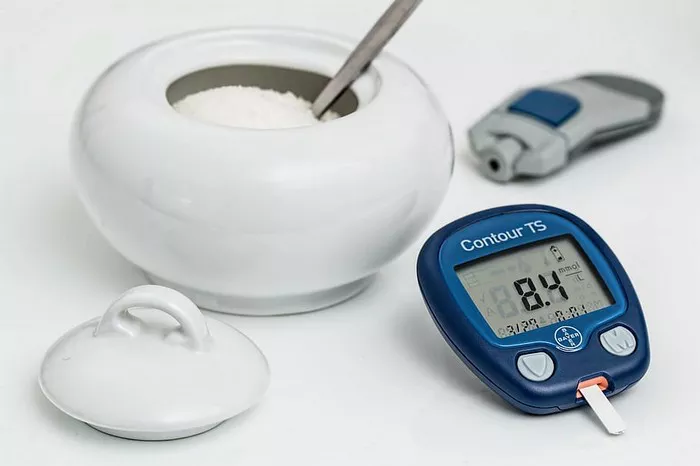Beta blockers are a class of medications commonly prescribed to treat various cardiovascular conditions, including high blood pressure, heart rhythm disorders, and heart failure. While these medications are highly effective in controlling heart rate and blood pressure, their impact on blood sugar levels, particularly in individuals with diabetes, is a topic of concern and interest. In this article, we delve into the mechanisms by which beta blockers can affect blood sugar levels, the associated risks of hypoglycemia and hyperglycemia, and strategies for monitoring and managing diabetes while taking these medications.
Explanation of Beta Blockers
Beta blockers work by blocking the effects of adrenaline (epinephrine) on the heart and blood vessels, thereby reducing heart rate and blood pressure. By inhibiting the action of beta-adrenergic receptors, these medications help alleviate symptoms associated with cardiovascular conditions and improve overall heart function.
Impact on Blood Sugar Levels
While beta blockers are not typically known to directly cause hyperglycemia (high blood sugar levels), they can mask the symptoms of hypoglycemia (low blood sugar levels) in individuals with diabetes. This masking effect makes it more challenging for individuals to recognize and treat low blood sugar levels promptly.
Risk of Hypoglycemia
Beta blockers may increase the risk of hypoglycemia, particularly in individuals with diabetes who use insulin or certain oral medications to lower blood sugar levels. These medications can interfere with the body’s ability to respond to low blood sugar levels by suppressing the release of epinephrine, which normally helps raise blood sugar levels during hypoglycemia.
Risk of Hyperglycemia
While beta blockers are not typically associated with causing hyperglycemia directly, they may indirectly affect blood sugar control in some individuals. For example, beta blockers can interfere with the body’s response to insulin, leading to reduced insulin sensitivity and potentially worsening blood sugar control in individuals with diabetes.
Monitoring and Management
Regular monitoring of blood sugar levels is essential for individuals with diabetes who are taking beta blockers. Close collaboration with healthcare providers is crucial for adjusting diabetes medications and insulin doses as needed to maintain optimal blood sugar control. Additionally, individuals should be vigilant in recognizing and managing potential symptoms of hypoglycemia and hyperglycemia while taking beta blockers.
Potential Symptoms
Symptoms of hypoglycemia may include shakiness, sweating, confusion, and rapid heartbeat, while symptoms of hyperglycemia may include increased thirst, frequent urination, fatigue, and blurred vision. It is important for individuals to be aware of these symptoms and to seek prompt medical attention if they occur.
Consultation with Healthcare Provider
Individuals taking beta blockers should consult with their healthcare provider if they have any concerns about the effects of these medications on their blood sugar levels. Healthcare professionals can provide personalized advice and guidance on managing diabetes while taking beta blockers and may recommend alternative medications or adjustments to treatment regimens if necessary.
Conclusion
In conclusion, beta blockers play a crucial role in managing various cardiovascular conditions, but their impact on blood sugar levels in individuals with diabetes requires careful consideration. While beta blockers are not typically associated with causing hyperglycemia directly, they can increase the risk of hypoglycemia and may affect blood sugar control indirectly. Close monitoring, regular communication with healthcare providers, and proactive management strategies are essential for optimizing diabetes management in individuals taking beta blockers. By working collaboratively with healthcare professionals, individuals can effectively navigate the complexities of managing diabetes while addressing cardiovascular health needs.
Related Topics:
What To Do Immediately If Blood Sugar Is Too High?

























